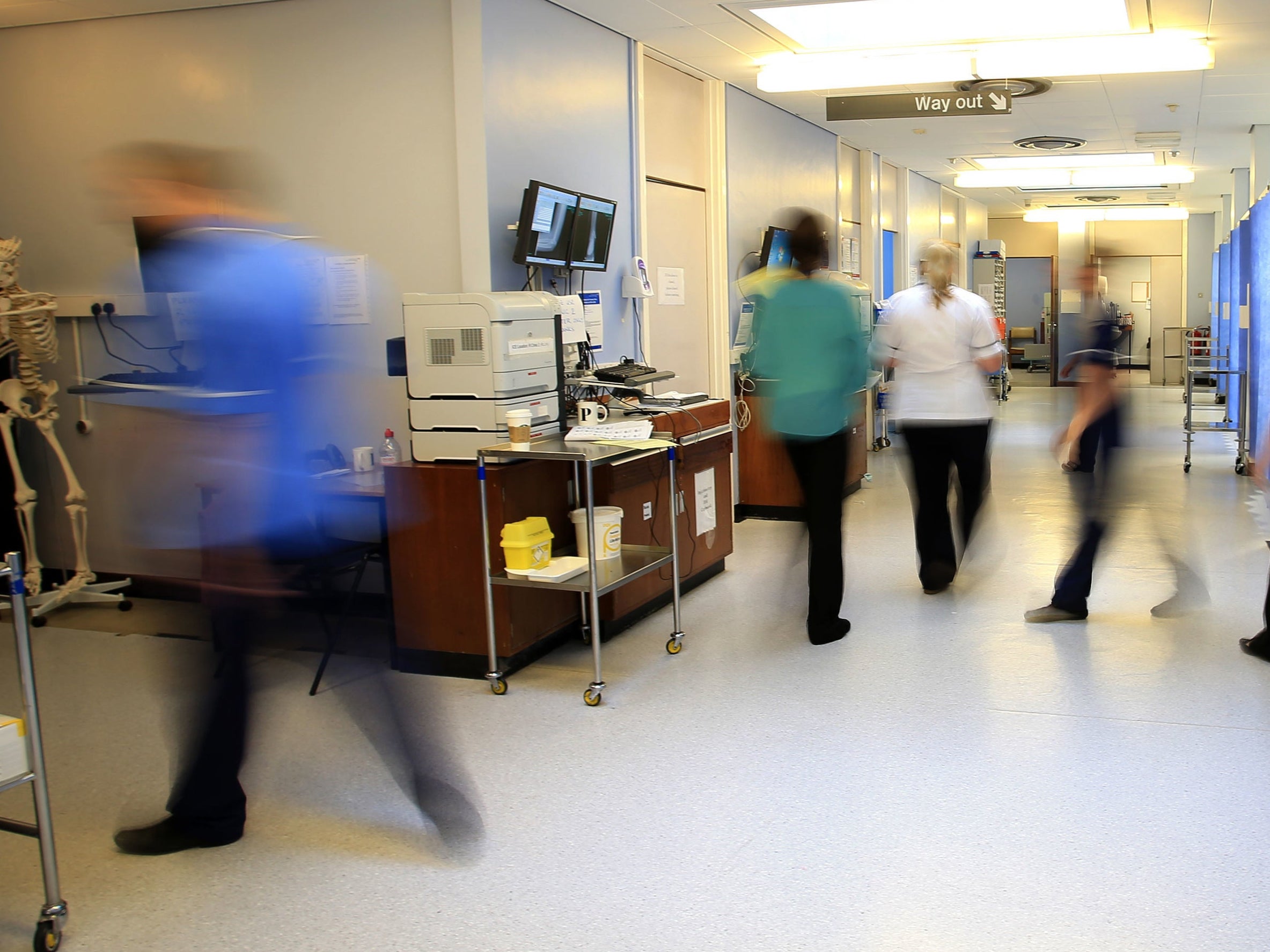Covid precautions mean some patients are lying to get the hospital treatment they need – I feel their pain
If I want vital pain treatment for my leg at hospital, I am required to shield and take a test beforehand. But self-isolating at home is impossible for some people who may be willing to not only risk their lives but others’


Rarely discussed in the midst of the coronavirus crisis is the plight of patients who need treatment unrelated to the scourge. I am one of them.
I suffer from burning neuropathic pain in my paralysed right foot, one of the malign legacies of getting run over by a cement truck. There is a way to treat it and to keep down the use of painkillers that have nasty side effects. That is for doctors at the Royal National Orthopaedic Hospital (RNOH) to apply patches containing capsaicin, the substance that gives chilli peppers their heat, to the affected areas with a view to burning out the pain fibres.
Unpleasant? Surely. But it’s also effective. I endure an intense, short-term burn that grants blessed longer term relief. It really is blessed. Post-treatment I can, for example, wear socks. Right now I can’t, which obviously makes life difficult as the weather gets colder. Sleep is easier. I can get more than five hours a night, and it’s of appreciably better quality. The duvet no longer feels like sandpaper.
The problem is that the treatment requires admission to hospital. I was, obviously, aware that I was going to have to wait longer than usual for the latest scheduled application as a result of the pandemic. I was also cognisant of the fact that I’d have to clear some extra hurdles before going in.
The trouble is that those hurdles have left me in a catch-22 situation, one that I fear is far from unusual. Patients have to undergo a Covid test 72 hours before the treatment and then shield prior to their admission. What does this mean in practice, I asked? Shielding, that is.
It’s not far off isolation: minimise interactions with family. Use a separate bathroom if possible, clean it thoroughly after every use (very challenging given disability). Ditto the kitchen.
For those of us with children, what they’re asking is extraordinarily difficult, if not impossible. It gets worse still for people living in multi-occupancy housing, or the sort of flats common to city centres. For them it must be completely impossible.
Here’s the thing: I’ve written extensively about the importance of infection control, wearing a mask, doing the right thing. Civic duty and all that. Britain might sometimes seem as if it’s forgotten all about that, but the polls I’ve seen tell us that actually it hasn’t, notwithstanding the ugly antics of a noisy minority. But the calculus changes when people are faced with a Hobson’s choice.
I intend to do the right thing, having preached it in this column on multiple occasions. But that effectively means not getting a treatment that will greatly enhance the quality of my life by making it a great deal less painful.

Faced with the same dilemma, some people do the opposite. They may decide to ignore the more irksome, or what may simply for them be the impossible, requirements of shielding, and to cross their fingers in the hopes that they don’t pick up the virus between their Covid test and the procedure they need.
“We have to trust our patients,” I was told by a sympathetic nurse and manager at the RNOH. Her head must ache at the end of the week given the way the rules and procedures change, sometimes daily, often in the wake of ministerial leaks, or their continued, and breathtakingly cynical, use of the Friday afternoon drop to buy bad news.
But not every patient can be trusted, especially if they’re feeling desperate. Even those that do their best in the circumstances may ultimately end up tripping up as Covid cases rise.
The communication I received before taking this issue up for the purposes of a column could have been better. I understand the pressures, I do, but hospitals need to give due consideration to that, particularly when dealing with disabled patients who face additional challenges as a result of their medical conditions. At one point I was left in real fear of getting bumped from a list I need to be on.
But even after a more informed and detailed discussion with said nurse/manager there were still no good answers other than enduring a painful winter with no realistic prospect of getting the treatment I need until such time as there is a vaccine.
I’ve had Covid, but it seems you can get it again, and the chance of my causing an outbreak at a hospital, of putting others through what I’ve been through, even of causing someone else’s death, is not a risk I want to take.
So pain it is. I suppose the one consolation is at least I’m not alone. Misery loves company and all that.
Join our commenting forum
Join thought-provoking conversations, follow other Independent readers and see their replies
Comments
Bookmark popover
Removed from bookmarks